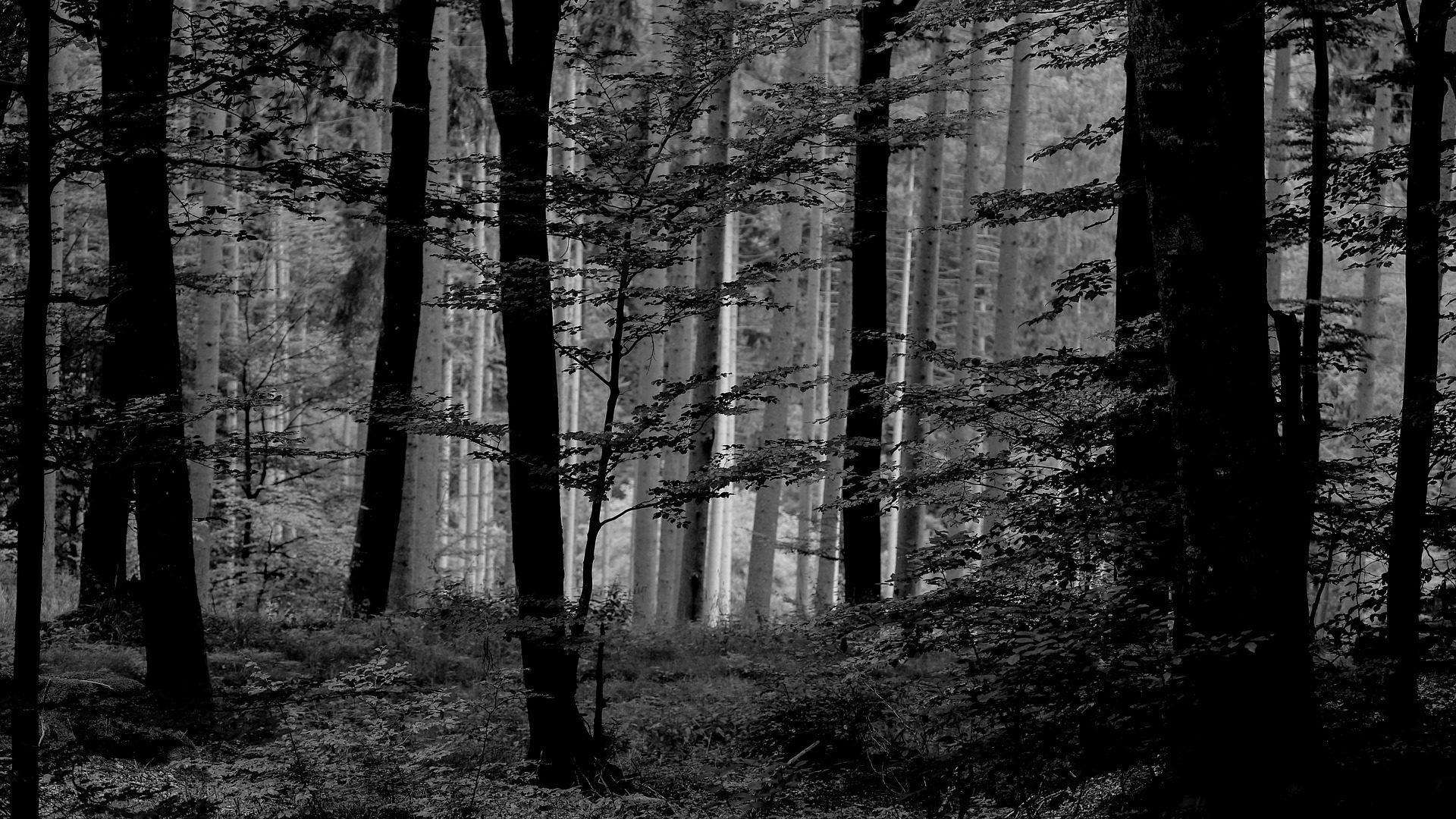Day 343 of Staying the Fuck Inside
There is a statement attributed to Jabir Ibn Abd’Allah, a companion of the Prophet (alayhi as-salām), about returning from the “lesser Jihad” (war), to face the “greater Jihad” (the struggle against oneself).
There is some dispute as to whether this actually happened, but it is an important distinction, and one that has held a great deal of influence in Sufism. And it is from this framework that I expected to find Jünger addressing Der Kampf als inneres Erlebnis. War as Inner Experience.
Well, the lesson here, obviously, is “don’t assume.”
Given Jünger’s title, it was easy for me, I suspect, to make this assumption. Instead of my assumption that Jünger would somehow be using his experiences in World War I to discuss psychological (or even spiritual) growth, the book instead is an expressionistic approach to understanding the inner experience of war. The subjective experience of battle. If his book Storm of Steel was grand storytelling of the horrors and insanity of World War I, this is a diary of emotional states and contemplation. I am not disappointed that I was wrong in my assumptions (and, only a few chapters in, maybe he’ll steer it in my direction). What started out as getting stuck in a translation I had questions about, has become a surrender to living vicariously (and at times poetically) through the inner experience. And it’s turning into an engaging read.
Jünger also provides a fascinating discussion of “horror,” a term that I know many struggle to define (as the saying goes, “it’s like pornography – I know it when I see it”).
From Chapter II:
Horror, too, belongs to the ring of feelings that have long rested in our depths, only to burst forth with elemental force when violent shocks occur. Rarely do its dark wings flutter around the highbrow of the modern.
To the primitive man it was a constant, invisible companion on his wanderings through the immensity of the barren steppes. It appeared to him in the night, in thunder and lightning and threw him with a choking grip in the knees, him, our ancestor, who, his miserable pebble in the fist, stood opposite all powers of the Earth. And yet this very moment of his greatest weakness lifted him above the beast. For the animal can well feel fright if a sudden danger jumps at it, it can feel fear if it is pursued and driven into a corner, but the horror is foreign to it. It is the first storm light of reason.
It is closely related to lust, the intoxication of blood and the pleasure of play. Didn’t we all listen to eerie stories in the long winter evenings as children? All the fibers would quiver, you would have wanted to crawl into a safe cave, and yet you couldn’t get enough. It was as if, lost in the reeds and mud, you had stumbled upon a nest of spotted snakes and couldn’t flee for the pleasure of looking at the hideous clatter.
At places where people seek increased life, at every fair, every rifle range, horror in the lurid colors beckons on painted canvas. Pleasure killings, executions, wax bodies covered with festering ulcers, long rows of anatomical atrocities, whoever puts this on display knows the masses and fills the pocket. Often and for a long time I stood in front of such stalls and stared into the faces of those who came out. Almost always there was a laugh, and yet it sounded so strangely embarrassed and pressed. What was this laughter supposed to hide? And why was I standing there? Wasn’t that my desire for horror?
…In our imagination, horror is indissolubly interwoven with death; we cannot separate it from the ray of lightning that flashed to Earth beside him. Will later generations also overcome this horror and think back to us in the same pitying emotion…?
…Penetrating horror, in its fine radiations accessible only to the most sensitive, lay in contrast, crackling where life and destruction [touch] in strong embodiment. It [springs] from destruction, terrible in its apparent purposelessness.
…Between laughter and madness often lies no more than a knife’s edge…
After all, it is not…facts, but precisely the uncertain, the indescribable, the dull foreboding that sometimes billows out like the smoke of a hidden ship fire. Perhaps it is all just a fantasy. And yet it [is] so tangible, so leadenly heavy on the senses…
…suddenly a glowing ray [tears] itself from the Earth, a cry of shattering realization [drifts] into the infinite. The the dark curtain of horror might…suddenly [rush] up to the brain in the last fire, but what lays in wait behind it, the frozen mouth [can] no longer announce.*
*edited for verb tense and clarity.
